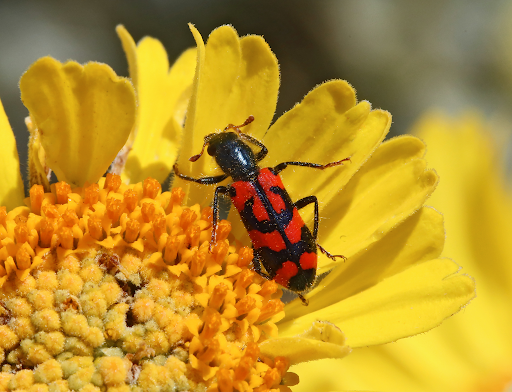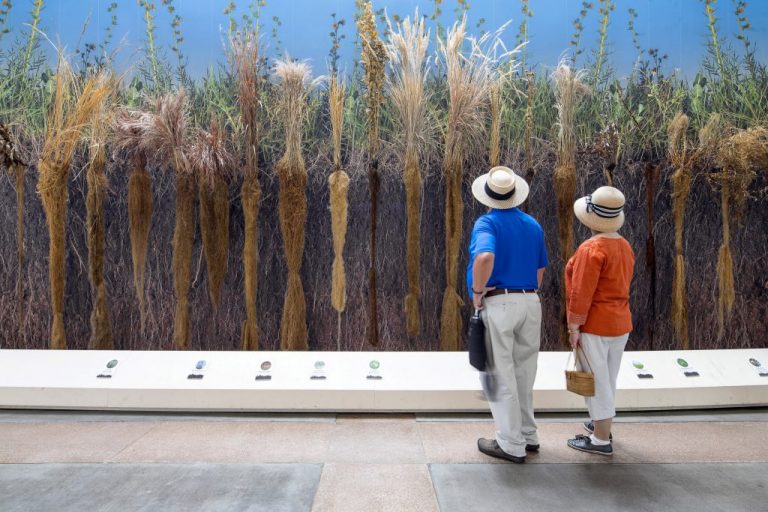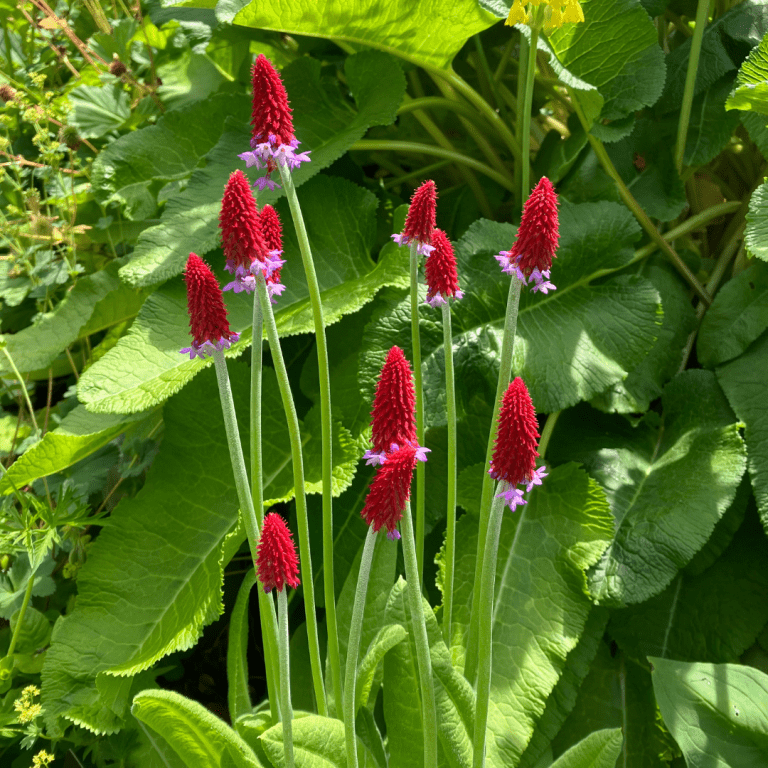On July 28, 2020, Betty Ford Alpine Gardens hosted a captivating lecture titled A Splendid Journey: Famous 19th Century Botanical Explorers in the Colorado Rockies, presented by historian and author Dr. Steve Ruskin. The event offered attendees a rare glimpse into the lives and adventures of the extraordinary individuals who charted, cataloged, and celebrated the botanical treasures of Colorado during the 19th century.
Discovering Colorado’s Botanical Heritage
Colorado’s rugged landscapes and alpine ecosystems have long fascinated scientists, explorers, and nature enthusiasts. Yet, few realize that much of what we know today about the region’s flora comes from the dedicated work of 19th-century explorers, many of whom braved harsh terrain, unpredictable weather, and limited resources to document the area’s botanical diversity. Dr. Ruskin’s lecture brought these pioneers vividly to life, weaving together stories of adventure, discovery, and scientific curiosity.
From self-taught naturalists to formally trained botanists, the explorers featured in Dr. Ruskin’s talk were united by their passion for plants. They meticulously cataloged specimens, sketched rare flowers, and often sent seeds and samples to distant herbaria. Their discoveries laid the foundation for modern botanical study in Colorado, enabling generations of scientists and garden enthusiasts to understand and preserve alpine and montane flora.
Highlighting Remarkable Explorers
Dr. Ruskin shared engaging anecdotes about several notable figures, including women and men whose contributions were often overlooked in their own time. Among them was Alice Eastwood, a pioneering botanist whose expertise guided prominent naturalists like Alfred Russel Wallace through the Rockies. Eastwood’s keen observational skills and extensive knowledge of local flora allowed her to document hundreds of species, many of which remain essential references for botanists today.
Other explorers discussed included itinerant collectors and surveyors who faced daunting challenges. Many traveled on foot or horseback through uncharted mountain ranges, enduring harsh conditions while carefully preserving plant specimens. Their journals, sketches, and correspondence reveal not only scientific rigor but also a profound admiration for the natural beauty of Colorado’s alpine environments.
The Intersection of History and Science
One of the most compelling aspects of Dr. Ruskin’s lecture was his ability to connect the historical context of these explorations with modern botanical science. He explained how the work of 19th-century explorers continues to influence research today, from plant conservation initiatives to studies on climate change and ecosystem resilience. By examining the methods and findings of early botanists, modern scientists can better understand species distribution, ecological interactions, and even genetic diversity across Colorado’s mountain habitats.
Inspiring a New Generation of Plant Enthusiasts
The lecture also emphasized the enduring inspiration these explorers provide to contemporary gardeners, naturalists, and conservationists. Attendees left with a renewed appreciation for the dedication required to study alpine flora in challenging environments and a sense of connection to the rich history of botanical exploration in the Rockies. Dr. Ruskin encouraged the audience to explore local trails, observe native plants, and continue the legacy of curiosity and stewardship exemplified by the 19th-century pioneers.
Preserving the Botanical Legacy
Events like A Splendid Journey highlight the importance of remembering and celebrating those who shaped our understanding of the natural world. By honoring the achievements of Colorado’s botanical explorers, Betty Ford Alpine Gardens fosters both historical awareness and ongoing engagement with plant conservation. The lecture served as a reminder that every flower, shrub, and alpine meadow carries a story—one that connects the past to our present efforts to appreciate and protect these irreplaceable landscapes.
In sum, Dr. Steve Ruskin’s lecture offered a fascinating journey through history, science, and human curiosity. Attendees were transported to a time when the Rockies were still a frontier for discovery, gaining insight into the remarkable individuals whose work continues to inspire botanists, gardeners, and nature lovers today. Through events like this, Betty Ford Alpine Gardens continues to cultivate knowledge, curiosity, and appreciation for the alpine world around us.





